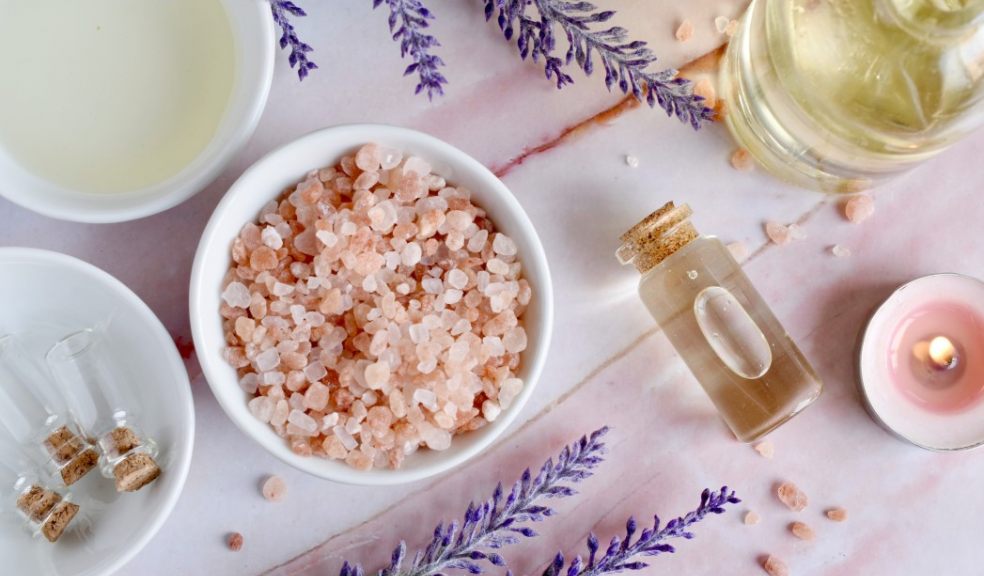
What to Look for When Purchasing Essential Oils
Individuals across the globe are looking for natural ways to improve their health. Some people do so because conventional health care hasn't been of help to them with one or more issues they face. Other men and women do so because they worry about the side effects of medications they are taking. Regardless of why a person chooses to research alternative or complementary medicine, they find a wealth of information on a range of topics.
How can they know which information is accurate? For instance, many people are looking to essential oils for a range of purposes. They find countless companies offering essential oils. What makes the oils different? Why do the prices vary greatly by the company? What should a person consider when looking for essential oils? These serve as only three of many questions a person needs to be answered before making a purchase. Choosing a quality essential oil isn't difficult when one has the information below to guide them.
A Brief Background
Humans have used essential oils for centuries with great success. However, over the last century, the field of aromatherapy expanded and changed significantly. More people chose to make the move from synthetic chemicals to more natural substances. As a result, essential oils have seen a resurgence, and many companies entered the market claiming to offer pure essential oils. However, are the oils as pure as they claim? Will they produce the desired benefits? How can a person know which oils to buy and which to avoid?
Price
Quality essential oils frequently come with a high price tag. Before overlooking these products, consider what goes into the oil as this helps to explain the high cost. For instance, one ounce of rose oil can only be made by using 250 pounds of rose blossoms. Producing some oils serves as a much easier process, but making any essential oil requires the use of a large amount of plant matter. Quality oils come with a higher price tag as a result.
Nevertheless, the decision regarding which oil to purchase should never be made on price alone. Spend the extra money on quality oils. Pure essential oils are highly concentrated, which means a little goes a long way, so a small bottle lasts for an extended time.
Purity
Pick up any bottle of essential oil and the label likely claims the oil is pure. What does that mean? At this time, purity could mean anything, as no person or organization has come up with a standardized or official definition of this word with regard to essential oils. Sadly, people often don't realize this and buy oils that won't produce the desired benefits. Furthermore, the process used to remove the oil from the plant material affects the quality of the oil. Any errors and the oil won't offer the anticipated benefits.
Many individuals purchase a fragrance or perfumery oil, thinking they are getting a quality product based on the smell alone. After using the oil, however, they find they aren't seeing the therapeutic benefits obtained with true essential oils. Additionally, essential oils contain therapeutically effective chemical constituents. These constituents may vary by year, season, or location where the plant was grown.
Men and women must know what they are buying, as many oils that claim to be pure aren't. Distillers and suppliers may state they are pure to charge more money for their products. Choose a company that specializes in selling essential oils and the accompanying accessories rather than heading to the local big-box store to pick up what you need. Specialty retailers recognize their business revolves around selling high-quality products or they won't keep their doors open. When comparing specialty retailers, what do consumers need to consider?
Labels
When comparing essential oil products, read the labels. Each label should include the botanical or scientific name of the plant, along with the chemotype if applicable. The chemotype provides information on where the plant was grown if the manufacturer obtains it from different locations. Not all plants have chemotypes, however. The label should also share information about the extraction process, the distillation or expiration date, and the country where the plant originated.
Third-Party Testing
Request third-party test results before purchasing essential oils. The oils should be tested twice using gas chromatography and mass spectrometry. A responsible vendor requires these tests with every batch they get from a distiller and may share the reports on their websites. Other reputable providers provide the test results on request. However, there are certain high-quality vendors that won't provide these reports. It never hurts to ask and get the company's response.
Essential Oil Grade
As with the term purity, the terms clinical grade and therapeutic grade have no established definitions. They mean whatever the supplier decides they mean. This doesn't suggest the supplier is being dishonest in any way. There's just no way of knowing what to expect when you purchase one of these products.
Organic, Unsprayed, and Wildcrafted Oils
Organic oils remain the preferred choice of aromatherapy experts. Pollutants applied to the plants are more concentrated in the finished essential oil, especially when it comes to citrus oils. Although the definition of organic differs by the country the plant was grown in, it typically serves as an indicator of quality. Unsprayed oils come from farms that have not obtained certification as organic operations, but these farms never spray the crops. Wildcrafted oils are often high quality as well.
Memberships
Retailers may choose to join an industry organization. The National Association for Holistic Aromatherapy serves as one of these associations. Every member must adhere to the standards set forth by the cooperative. However, this serves as only one organization focused on the production and sale of the oils, so be sure to learn about any other associations your preferred retailer holds membership with.
Variety
Essential oils vary in terms of what they are used for, and a person will find they must visit several retailers if they want a wide selection of products. When comparing retailers, check their prices, customer service, availability of items, third-party test results, and more. This ensures you get a retailer that you can trust and use again in the future.
Consumers need to determine which features are of most importance to them. Spend time researching multiple providers to find one you feel comfortable working with. Although you may need to visit other retailers at times, once you have the main source for these products, you'll find you can expand your knowledge base and use of essential oils considerably.













